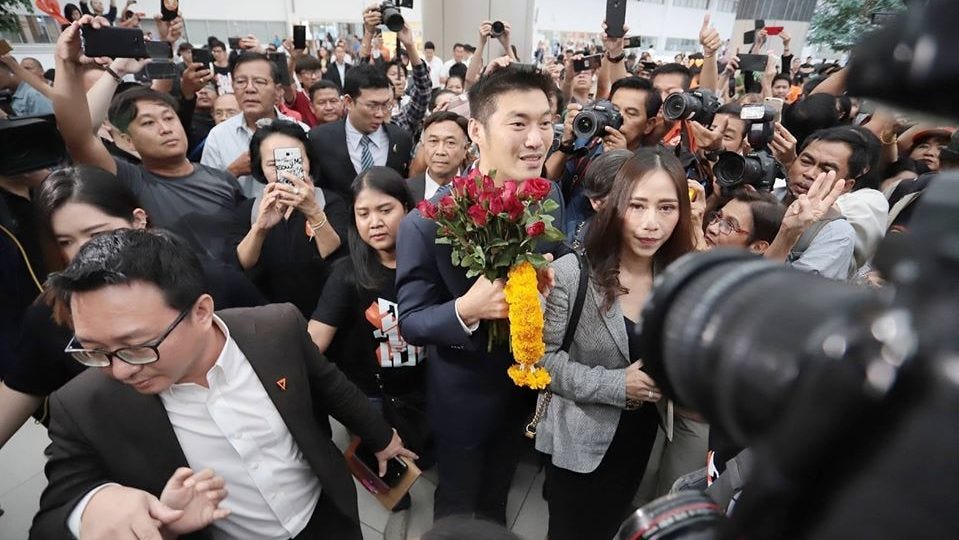Thai Court Orders Popular Opposition Party Disbanded
Potent tool wielded by deep state wipes out Future Forward Party

By: Pitthaya Pookaman
The Thai Constitutional Court today (February 21) agreed to dissolve the Future Forward Party for allegedly receiving illegal political contributions and banned the party’s executive committee members from engaging in political activities or forming another political party for a period of 10 years, thus snuffing out the most potent …
Keep reading with a 7-day free trial
Subscribe to Asia Sentinel to keep reading this post and get 7 days of free access to the full post archives.
